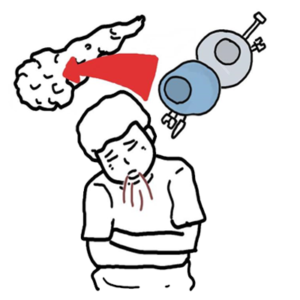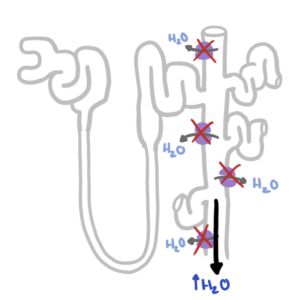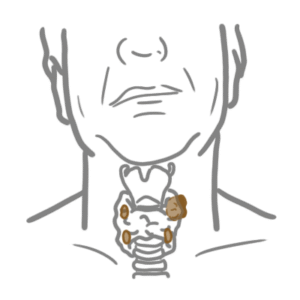Diabetes Mellitus Type 1 & Type 2 – Chronic Complications and Management
Diabetes explained: learn how insulin, type 1 and type 2 diabetes, and chronic complications affect blood sugar, kidneys, heart, nerves, and vision. This concise video breaks down the physiology of glucose metabolism and insulin action, clarifies the differences between type 1 (autoimmune insulin deficiency) and type 2 (insulin resistance plus impaired secretion), and maps how chronic hyperglycemia drives microvascular (retinopathy, neuropathy, nephropathy) and macrovascular (heart attack, stroke, peripheral vascular disease) damage.
You’ll understand how carbohydrates become glucose, how insulin enables cellular uptake and glycogen storage, and why impaired insulin secretion or receptor resistance leads to elevated blood glucose and long-term complications. The video walks through key pathogenic mechanisms—advanced glycation end-products, oxidative stress, sorbitol accumulation, and platelet dysfunction—and shows how these processes contribute to atherosclerosis, nerve injury, poor wound healing, and kidney failure.
Practical prevention and management strategies are emphasized: target HbA1c <7%, control blood pressure and lipids, smoking cessation, exercise, weight management, regular screening for retinopathy/nephropathy/neuropathy, and timely pharmacologic therapy. Learn when insulin is essential (type 1) and how type 2 management progresses from oral or injectable agents to insulin as needed.
Whether you’re a patient, caregiver, or healthcare student, this clear, clinically focused overview equips you with actionable knowledge to reduce risk, recognize complications early, and support effective diabetes care. Watch to gain a solid foundation in diabetes pathophysiology and real-world management steps to protect long-term health.

























